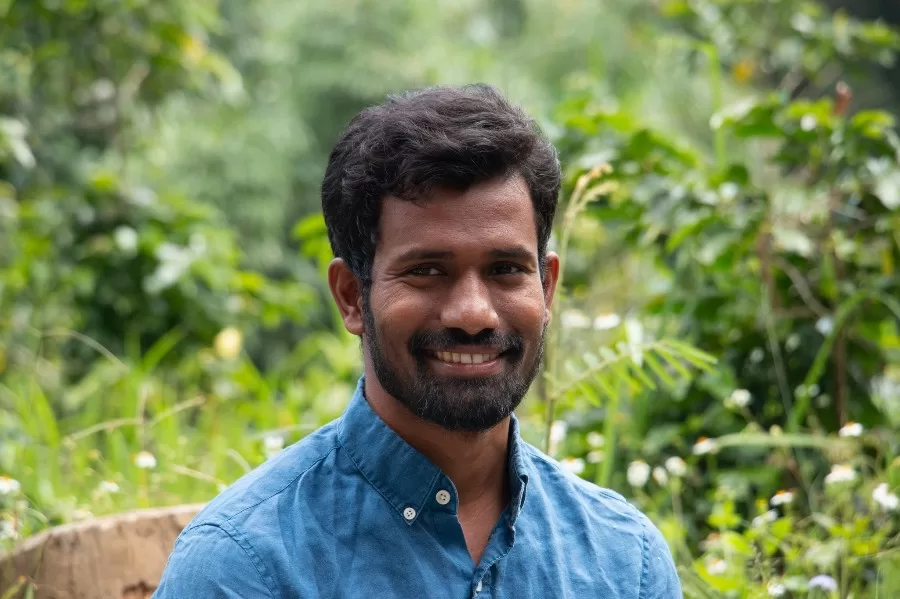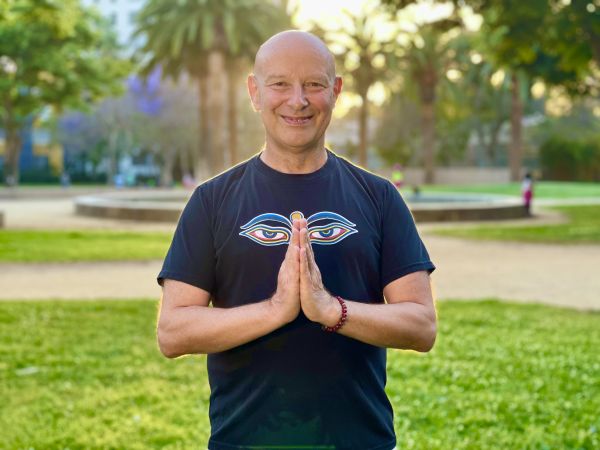Humans are emotional beings because emotions are an integral part of our evolutionary makeup and play a crucial role in our survival and well-being.
Emotions
Emotions are complex physiological and psychological responses that arise from your experiences, thoughts, and interactions with the world around you. They provide you with valuable information about your environment, help you form social bonds, and motivate your behavior.
While emotions are essential for building and maintaining relationships, they alone cannot guarantee great relationships and manifestations. Alongside emotions, we need a range of other factors to cultivate healthy connections and achieve our goals.
These include communication skills, empathy, understanding, compromise, trust, respect, and practical problem-solving abilities. These additional components help us navigate conflicts, understand different perspectives, and work towards mutually beneficial outcomes.
When we are highly emotional, our decision-making can become compromised.
Emotions can cloud our judgment and influence us to make impulsive or irrational choices. For example, intense anger or fear may lead us to react impulsively, without considering the consequences.
Similarly, excessive attachment or infatuation can blind us to red flags or warning signs in relationships. In these heightened emotional states, our ability to think critically and objectively may be diminished, making it challenging to make sound decisions.

Moreover, emotions can bias our perception of reality.
We might interpret situations through the lens of our emotional state, leading to distortions and inaccuracies in our assessments. For instance, someone who is feeling insecure may perceive innocent remarks as personal attacks, further exacerbating their emotional response. This biased perception can hinder effective communication and problem-solving, leading to misunderstandings and strained relationships.
To mitigate the negative impact of overwhelming emotions on decision-making, it is important to develop emotional intelligence. Emotional intelligence involves recognizing and understanding our emotions, managing them effectively, and using them in a constructive manner.
By cultivating self-awareness, self-regulation, empathy, and social skills, we can navigate our emotions more skillfully, making better decisions and fostering healthier relationships.
In summary, while emotions are an essential part of being human and play a crucial role in relationships, they alone are not sufficient for building great relationships and manifestations. We need to complement our emotional experiences with other important factors like communication, empathy, trust, and problem-solving skills.
When emotions become overwhelming, our decision-making can become compromised, leading to impulsive or biased choices. Developing emotional intelligence can help us navigate our emotions effectively and make more informed decisions, contributing to healthier relationships and greater personal growth.
About Master Oneness
Master Oneness is an enlightened Artist and Visionary of Oneness consciousness, who is spreading his light and wisdom to bring awakening energy to every artist’s life.
He teaches self-realization through Transforming Art, the unique technique that combines Art and meditation.
His 16-year experience in meditation enlightened him to the essence of art, which was the beginning of the Diviners organization.
Watch Master Ojas Oneness bio HERE
Read more wisdom messages from Master Oneness => CLICK HERE


































































